Curiosity | A Conflict Resolution Tool? 3 Tips
Last week, a coaching client and senior executive wanted to discuss the difficulties they were facing with a peer.
Understanding VS Being Understood
We started unpacking the situation by reflecting on the need to understand and adapt to other people’s working and leadership styles to find common ground and achieve consensus. We talked about the need to understand before being understood, taking inspiration from Steve Covey’s quote below.
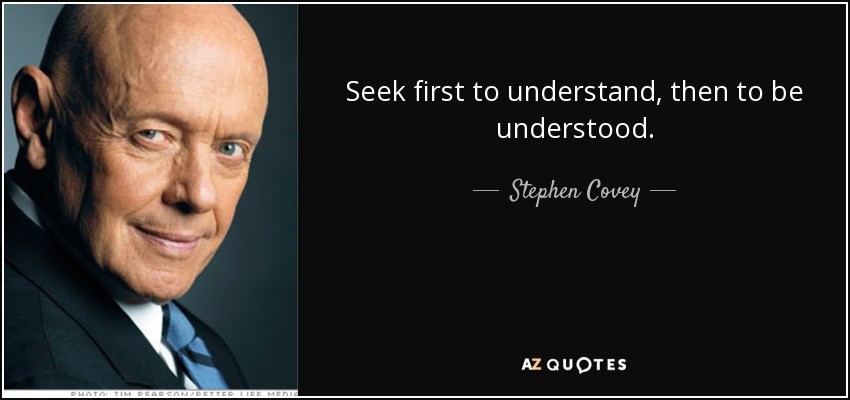
Cultivating a Beginner’s Mind
Throughout the conversation, with their permission, I changed hats, moving from a coaching role (purely asking challenging and mind-expanding questions) to a mentor role (sharing my own perspectives, experience, knowledge, and insights) and introduced them to the concept of Beginner’s Mind. “Beginner’s Mind” is a quality that can be naturally developed through regular mindfulness training.
A Beginner’s Mind can be defined as the ability to avoid the trap of unconscious bias and habitual perception. A Beginner’s Mind is the ability to see every person and situation – and ourselves – with fresh eyes (Hourgaard and Carter, 2018). I feel the quote below distills the essence of the beginner’s mind concept quite well.
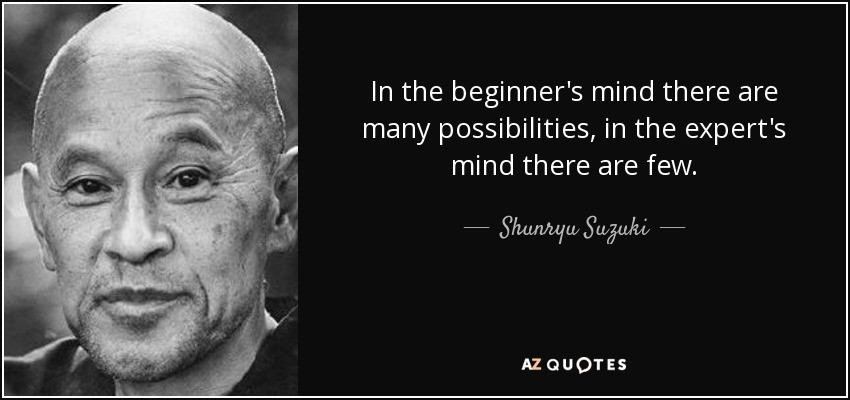
Curiosity | An Essential and Powerful Tool
Curiosity is a well-known and more familiar quality for us to cultivate, and it is closely related to Beginner’s Mind. To better understand other people, curiosity is an essential and powerful tool for us to make use of. As a Greek philosopher once said, “We have two ears and one mouth”. Asking questions can help us to overcome unconscious bias and to truly understand where people are coming from. This can reduce friction and minimize conflict, which is more often caused by miscommunication and misunderstanding than by opposing views.
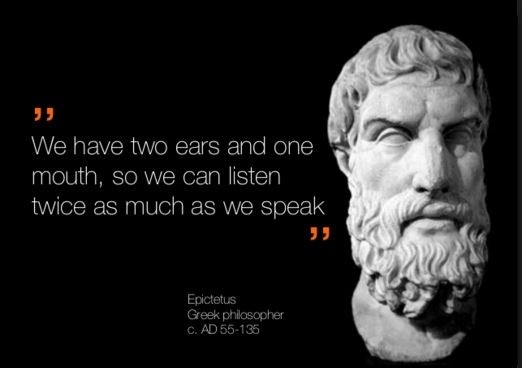
An Opportunity to Learn
As Arne Sorenson, the former CEO of Marriott, expressed in an interview for The Mind of the Leader book by Rasmus Hougaard and Jacqueline Carter, “If I am not present and curious about the people I am with, I learn nothing.”.
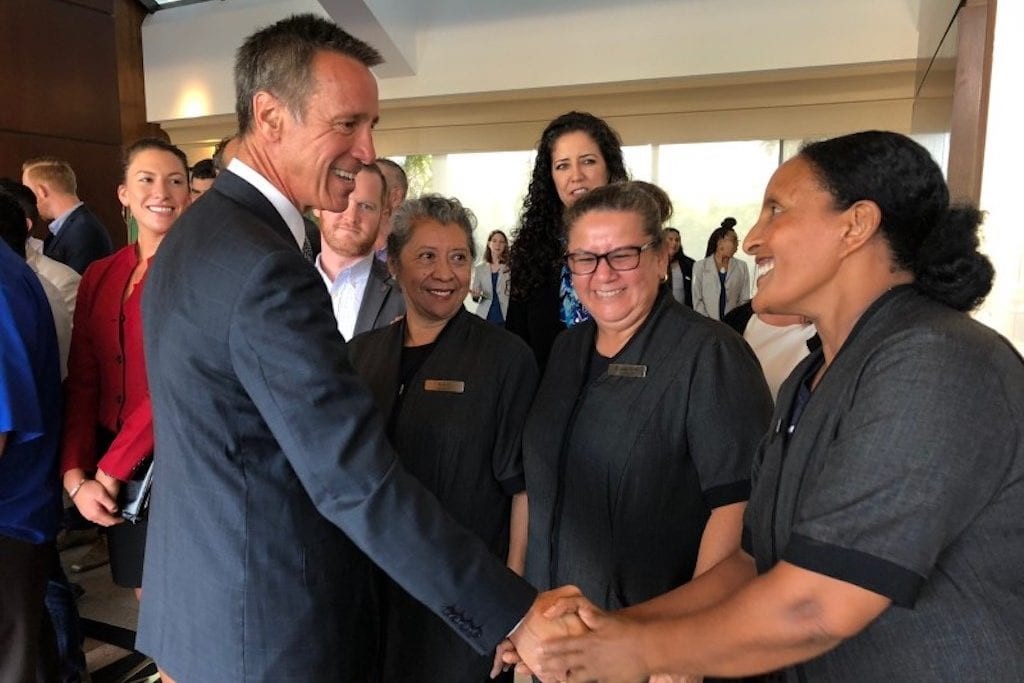
TAKE ACTION
1. Next time you see yourself in a conflict-fuelled situation either at work or home, experiment with asking more questions. When you ask, listen closely to their answers and then ask more questions. Hold back on defending your position until there is a genuine shared understanding. You might be surprised by what you learn. You also run the risk of building a deeper and more meaningful relationship!
2. Establish a daily mindfulness practice. You can start with an app and seek a mentor later on if you wish to delve deeper. Mindfulness makes us more open-minded and reduces cognitive rigidity.
3. To learn more on how to cultivate a beginner’s mind check out my previous article: How to develop a Beginner’s Mind – 3 Tips
MORE ON BEGINNER’S MIND, CURIOSITY, AND COGNITIVE RIGIDITY:
- The Business Case for Curiosity – https://hbr.org/2018/09/the-business-case-for-curiosity
- Books | One Second Ahead and The Mind of the Leader – https://www.potentialproject.com/resources#01-books
- Cognitive Rigidity: The 8-Ball from Hell – https://www.psychologytoday.com/au/blog/making-sense-autistic-spectrum-disorders/201608/cognitive-rigidity-the-8-ball-hell
- “Mind the Trap”: Mindfulness Practice Reduces Cognitive Rigidity – https://www.ncbi.nlm.nih.gov/pmc/articles/PMC3352909/
- Cognitive Shifting – https://www.cognifit.com/science/cognitive-skills/shifting
OTHER RELATED RESOURCES
- Business Insider Article: Microsoft CEO Satya Nadella & NVC | www.businessinsider.com.au/microsoft-satya-nadella-nonviolent-communication-2018-10
- HBR Article: Empathy starts with Curiosity | https://hbr.org/2020/04/empathy-starts-with-curiosity
- The Center for Non-Violent Communication (NVC) | www.cnvc.org
- NVC in Australia | nvcaustralia.com









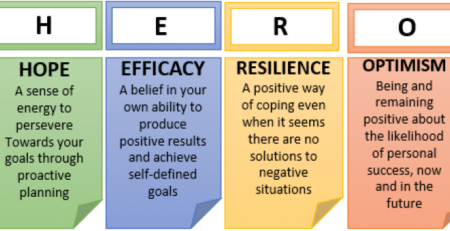


Leave a Reply